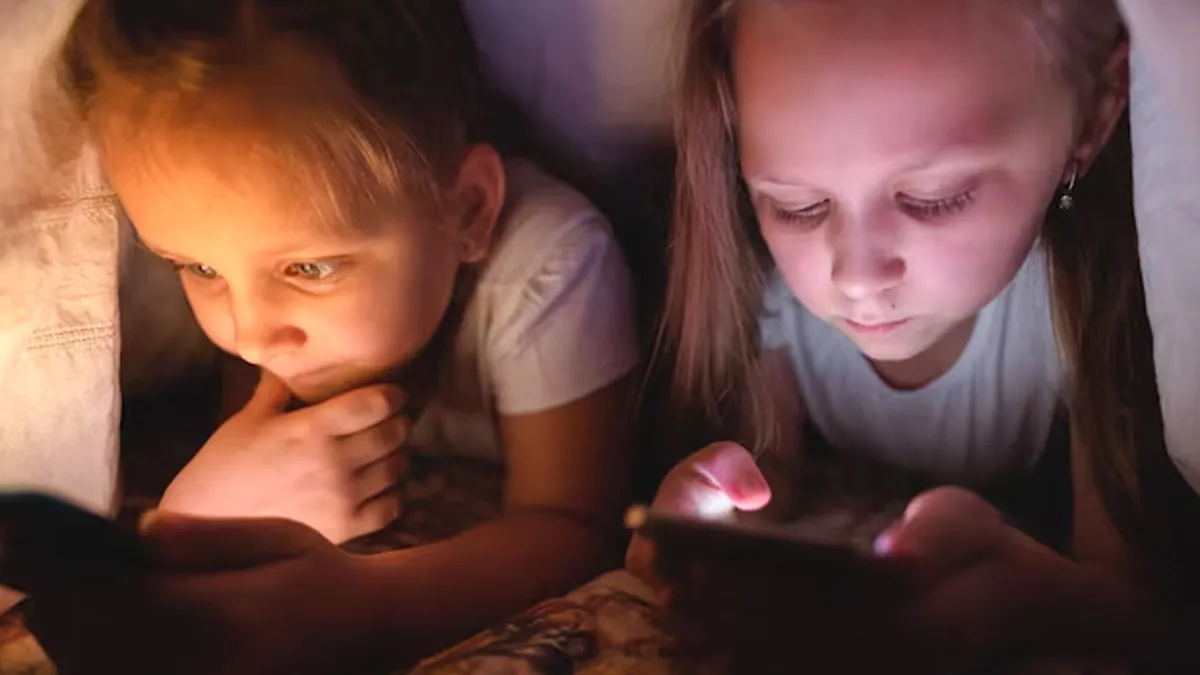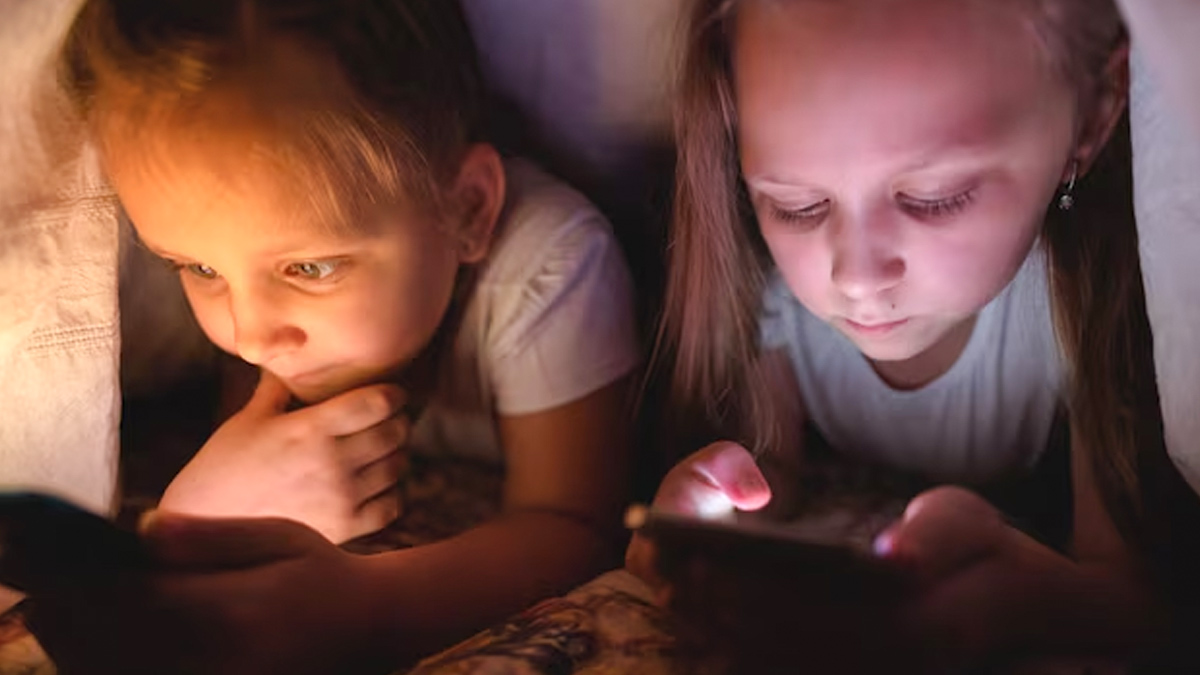
It is always easier to hand your child and get back to making the presentation you are supposed to give in the office tomorrow. Slowly though, it comes down to a point where your kid asks for the phone multiple times a day and many parents have recently shared instagram videos of their children going into fits when denied access to mobiles phones or other gadgets. But a new study claims that the use of smartphones in kids, under 13, creates more than just an addiction problem.
Table of Content:-
Children Getting Smartphones Before Age 13 Face Higher Mental Health Risks
-1753360245051.jpg)
The study, recently published in the Journal of Human Development and Capabilities, claims that children who are given access to smartphones earlier than the age of 13 are more likely to face mental health diseases as young adults as compared to their peers who don’t have a phone at such a young age.
After analysing data from 1,30,000 people aged 18 to 24 in several countries, including 14,000 in India, the researchers claim that those who received their first smartphone at age 12 or younger were more likely to report aggression, detachment from reality, hallucinations, or suicidal thoughts. This broad trend "is consistent across every region, culture, and language" and identifies a crucial developmental period where smartphone ownership seems to have the biggest influence, the study claims.
Also Read: Study Says, 60% Indian Children Under 5 Have Micronutrient Deficiencies: Here Are It’s Symptoms
Divyanshi Manak, Clinical Psychologist, Mpower Delhi, Aditya Birla Education Trust, says that it is now a common sight to see children under 13 with smartphones in hand. “Children are using smartphones for school work, entertainment, or simply to help keep them busy. This growing trend of children on screens has also come with a surge in mental health risks for children using smartphones (World Health Organization, 2019; UNICEF, 2019). They have documented and cautioned against the possibility of children suffering from emotional distress, anxiety, sleep issues, and depression due to initial smartphone exposure,” Divyanshi adds.
Need For Global Restrictions On Use Of Mobile Phones By Children?
Lead study author Tara Thiagarajan, founder and chief scientist of Sapien Labs, the nonprofit organisation that administers the survey, stated, "This calls for urgent action limiting access of children under 13 to smartphones as well as more nuanced regulation on the digital environment young people are exposed to."
While earlier studies examined the relationship between smartphone use and anxiety and depression, this survey examined less frequently examined symptoms, such as emotional regulation and self-worth, and discovered that they were highly significant.
Also Read: Blood Pressure In The Digital Age: How Screen Time And Sleep Disruptions Affect The Heart

Divyanshi adds, “under the age of 13, children are still in the beginning phases of brain and emotional development. Children in this stage are learning to regulate their emotions, self-soothing practices, and make emotional bonds with others and understand themselves in relationship with others. Instead of turning to family, friends, or their own abilities for comfort, children start to be conditioned to turn to devices and screens for entertainment or emotional comfort, and self-validation. This further impacts the child's ability to cope with emotional angst and life stressors. Youth are also faced with constant social media pressure which leads to social comparisons, body image issues, and diminished self-esteem.”
Bottomline
Divyanshi Manak, Clinical Psychologist, Mpower Delhi, Aditya Birla Education Trust enlists few of the measures parents must take to ensure the mental well being of their children:
- Limit screen use time
- Supervise the usage
- Inculcate and encourage reading habits
- Participate with them in outdoor games
- Set a no-phone-use policy at dinner tables
- Lead with example
- Schedule time for social and creative activities
“By trying to help them use technology sensibly at appropriate ages, we can protect children’s mental health, build their confidence, while allowing them to enjoy a balanced and emotions secure childhood,” Divyanshi concludes.
Also watch this video
How we keep this article up to date:
We work with experts and keep a close eye on the latest in health and wellness. Whenever there is a new research or helpful information, we update our articles with accurate and useful advice.
Current Version